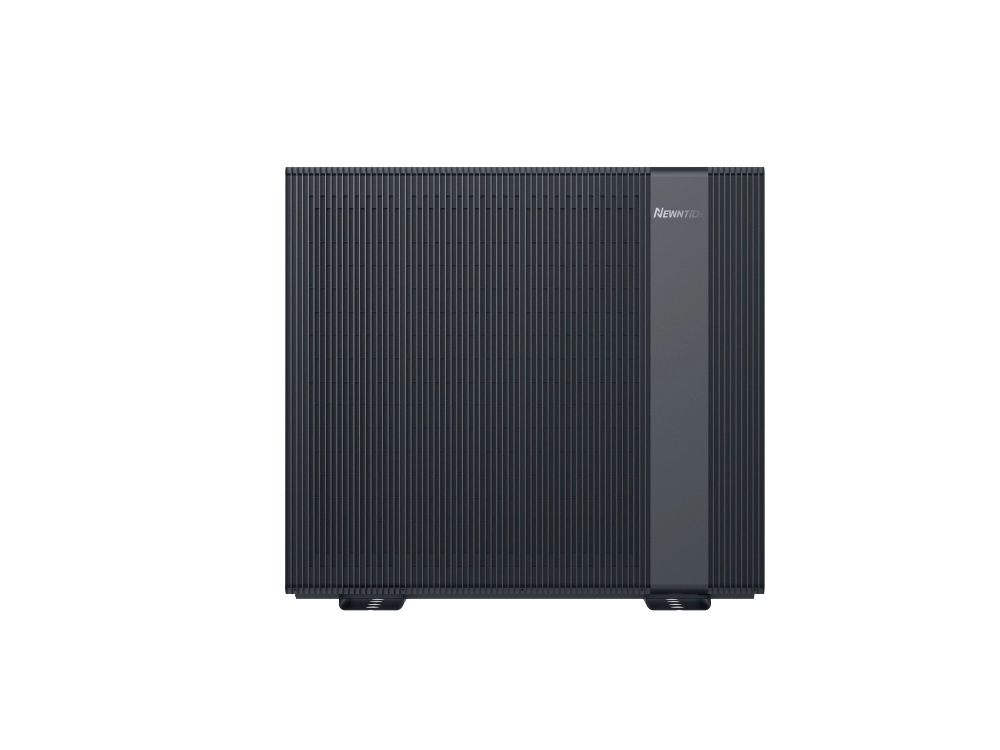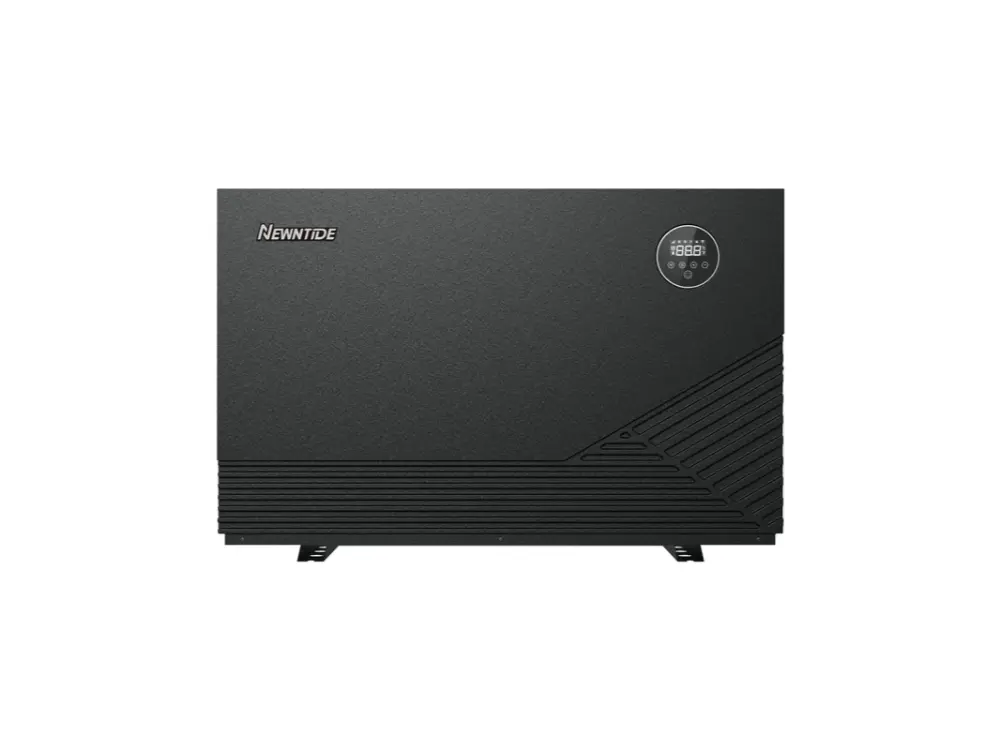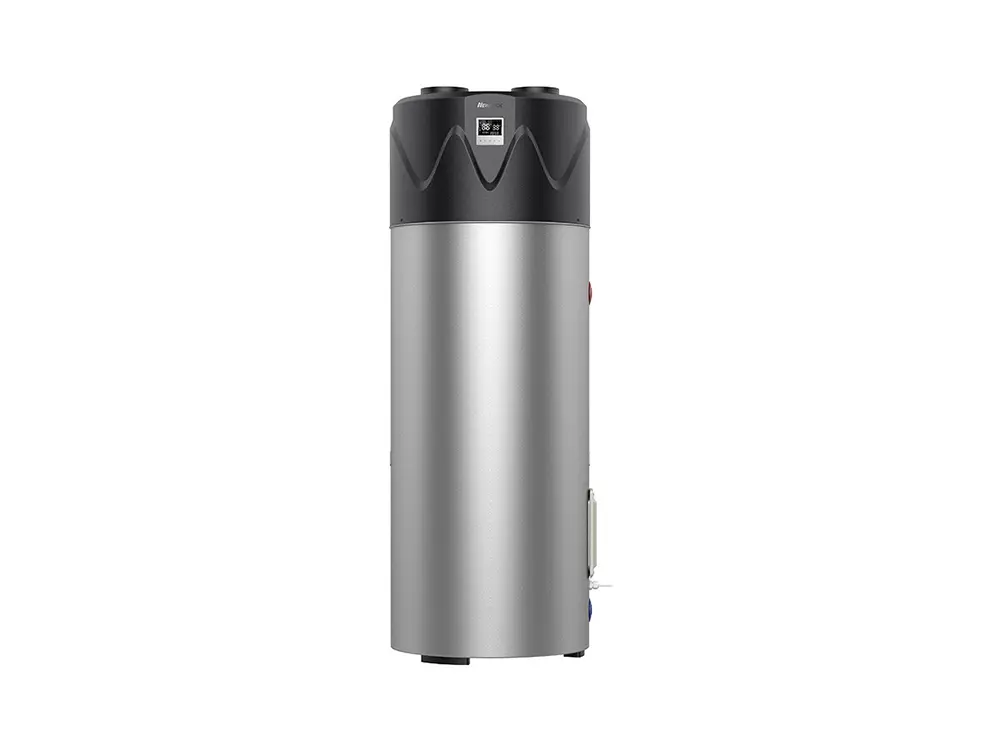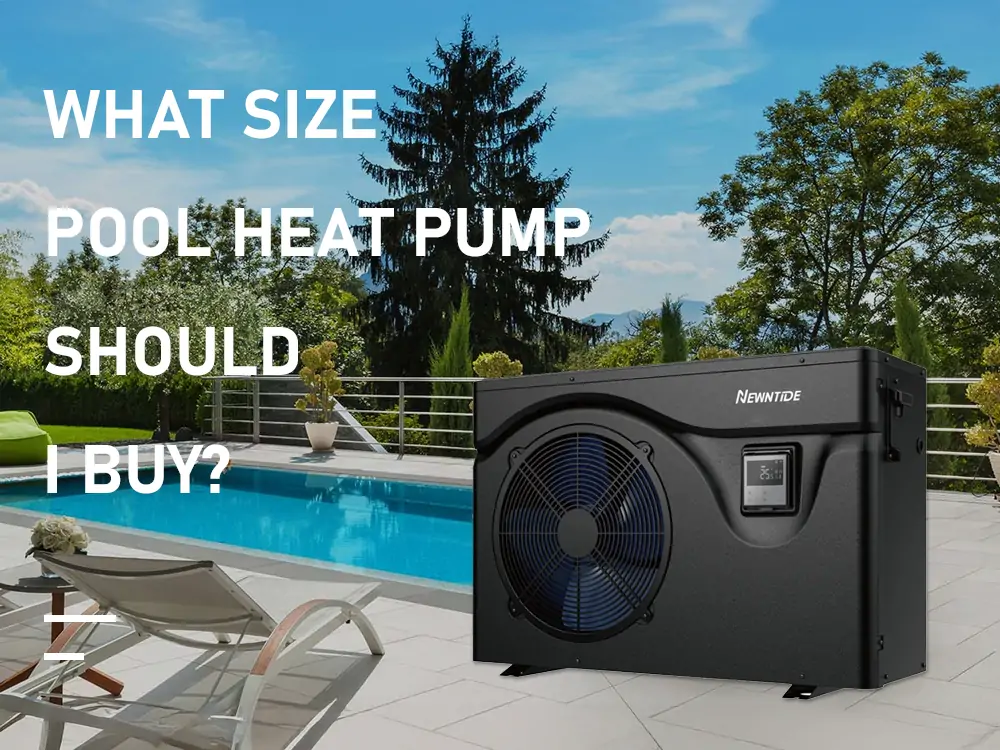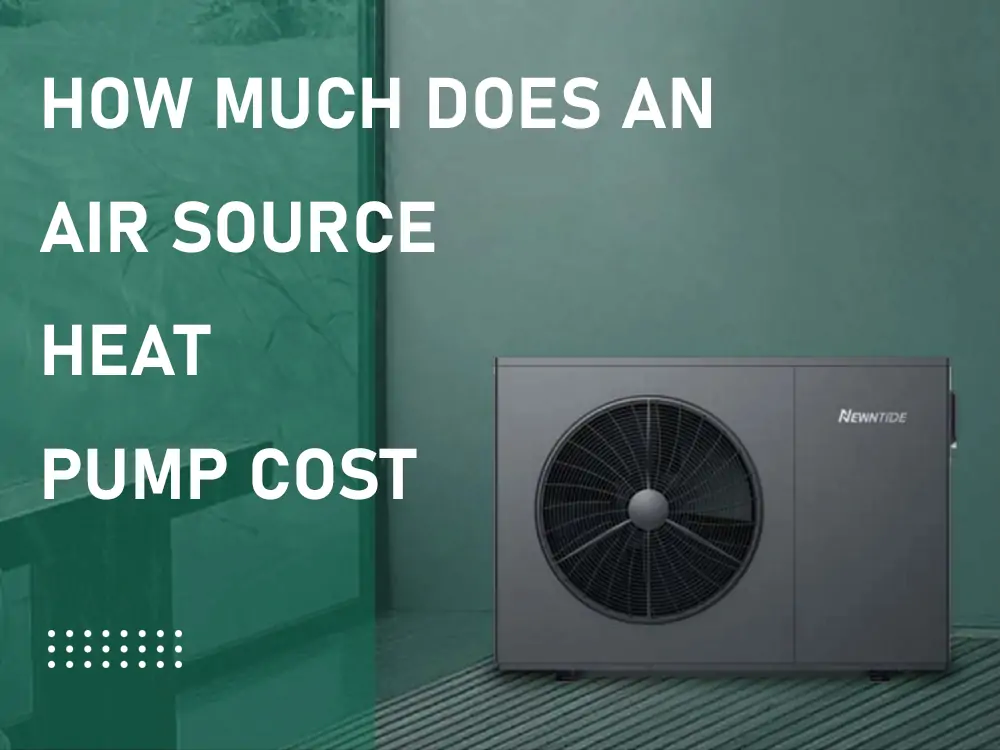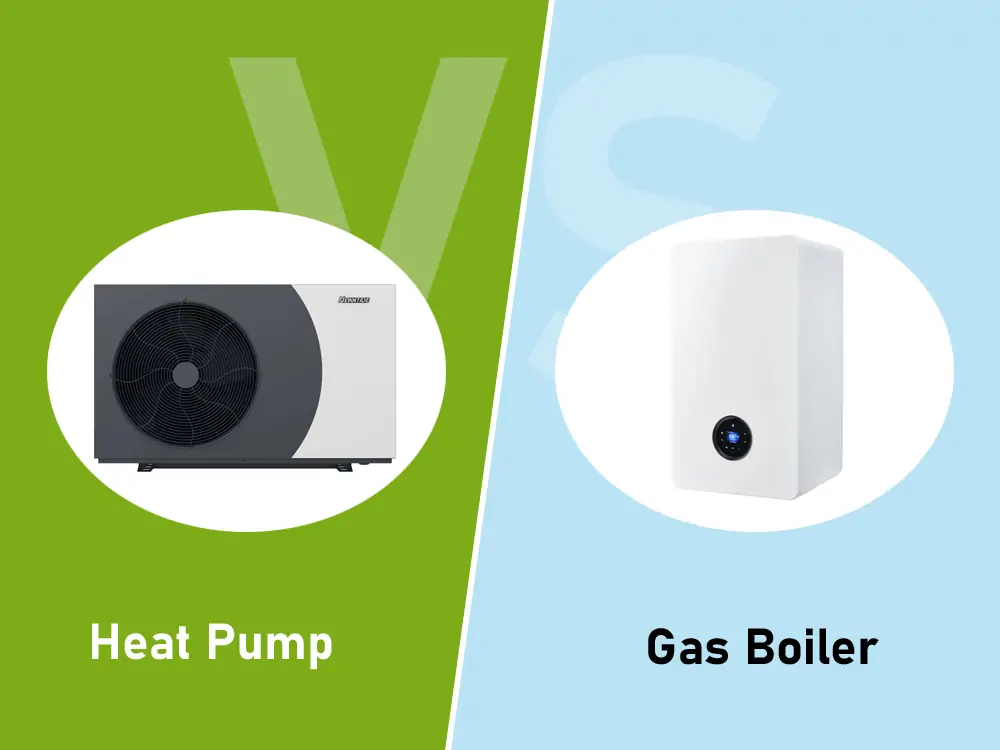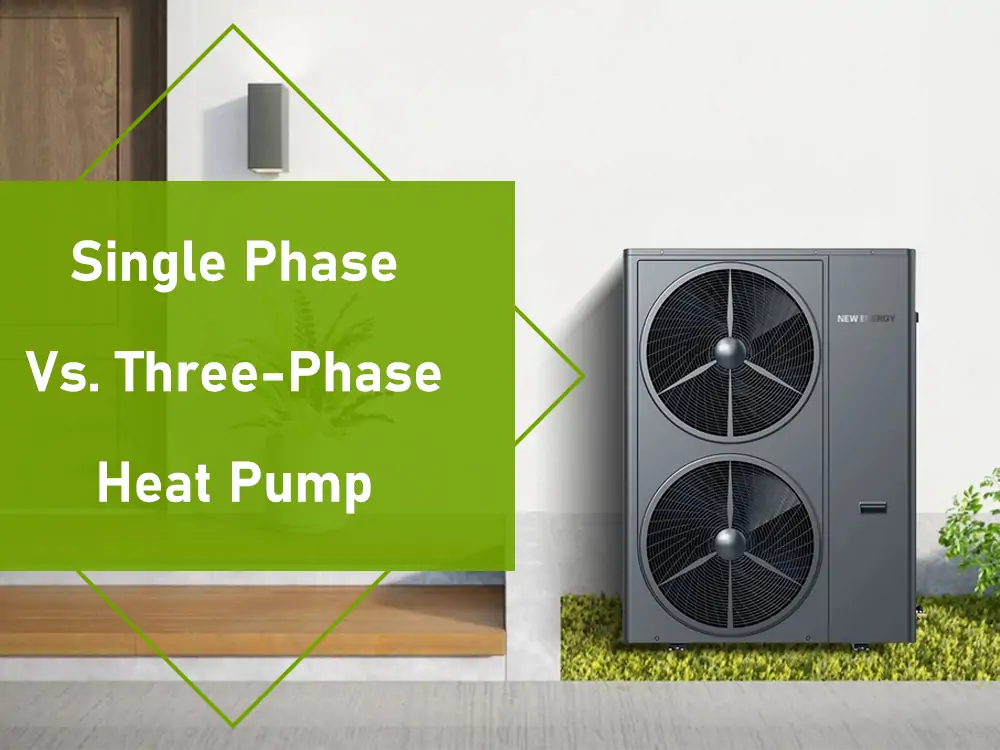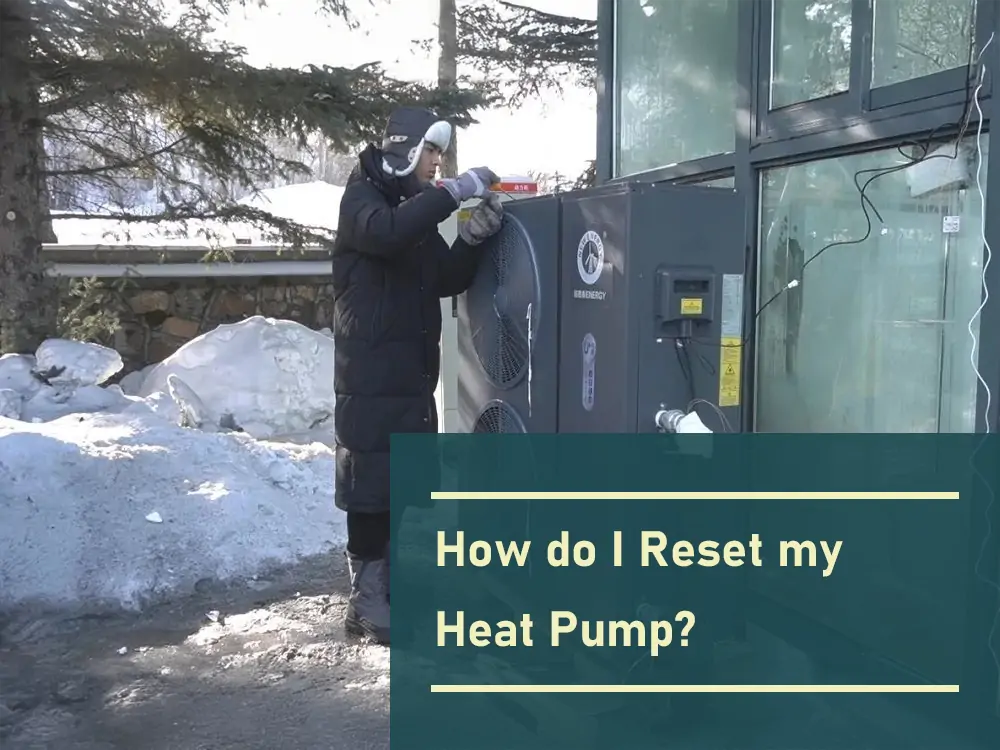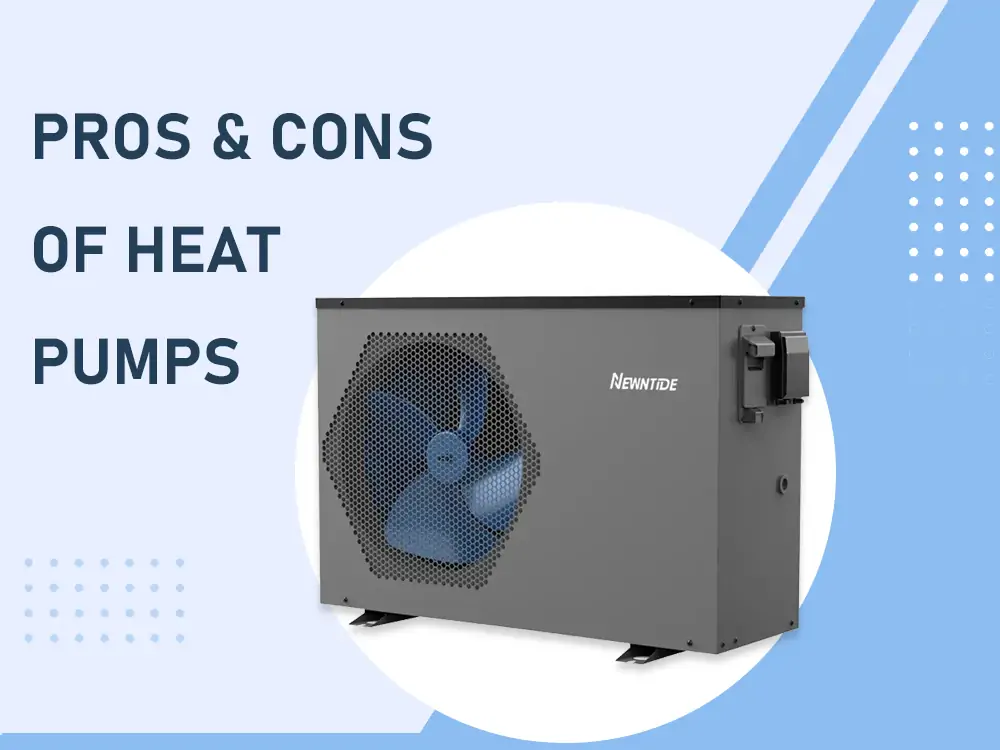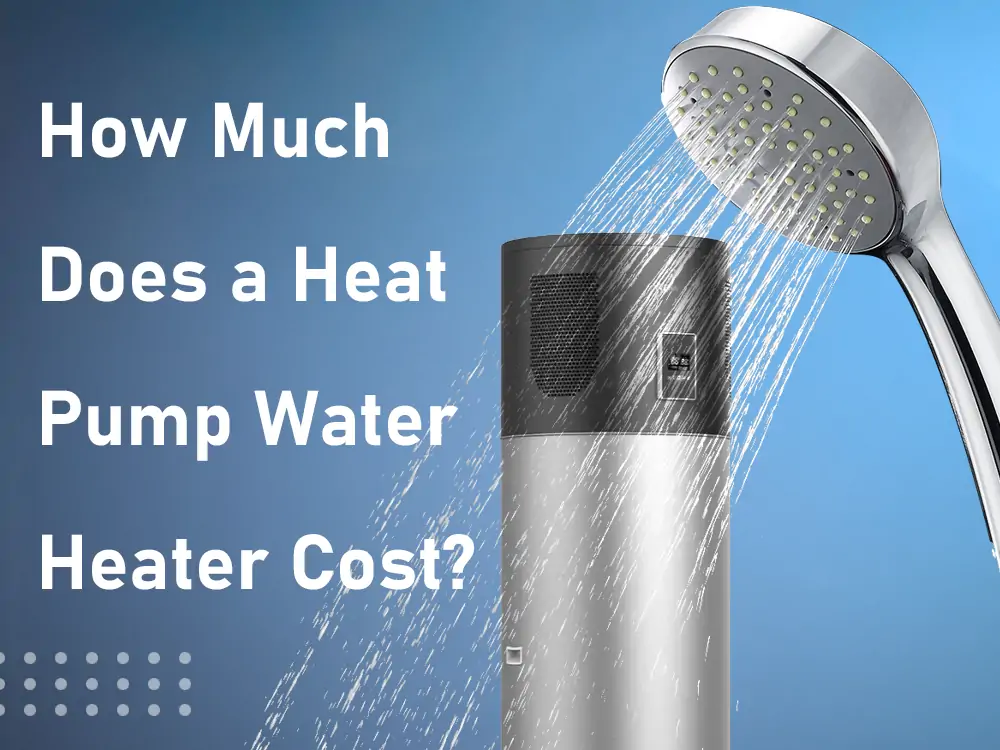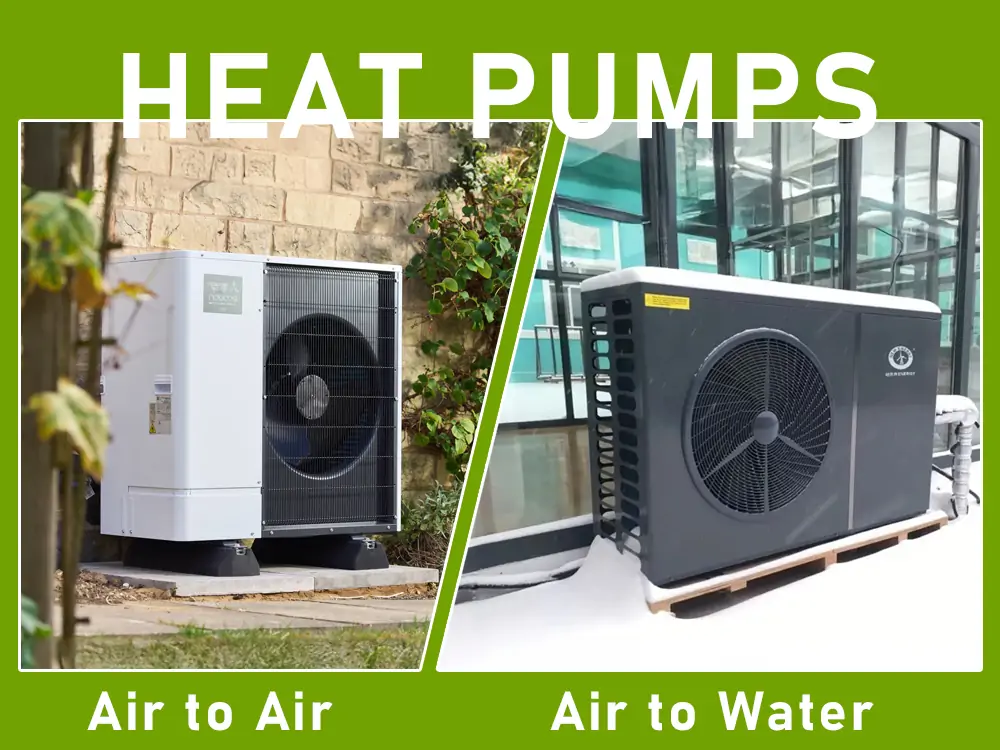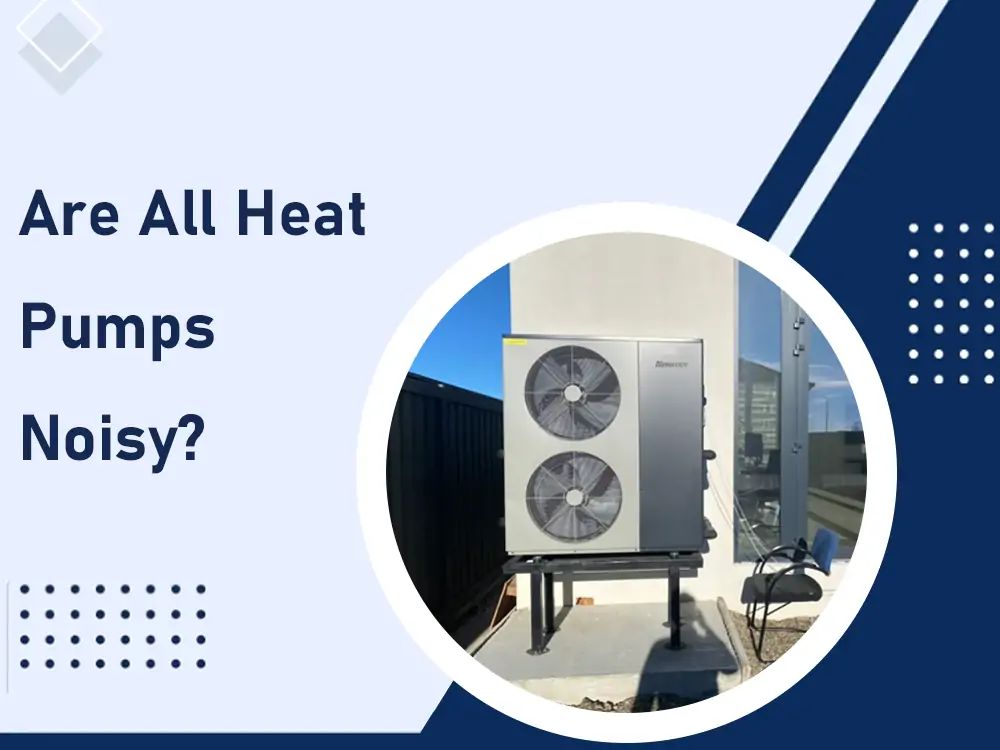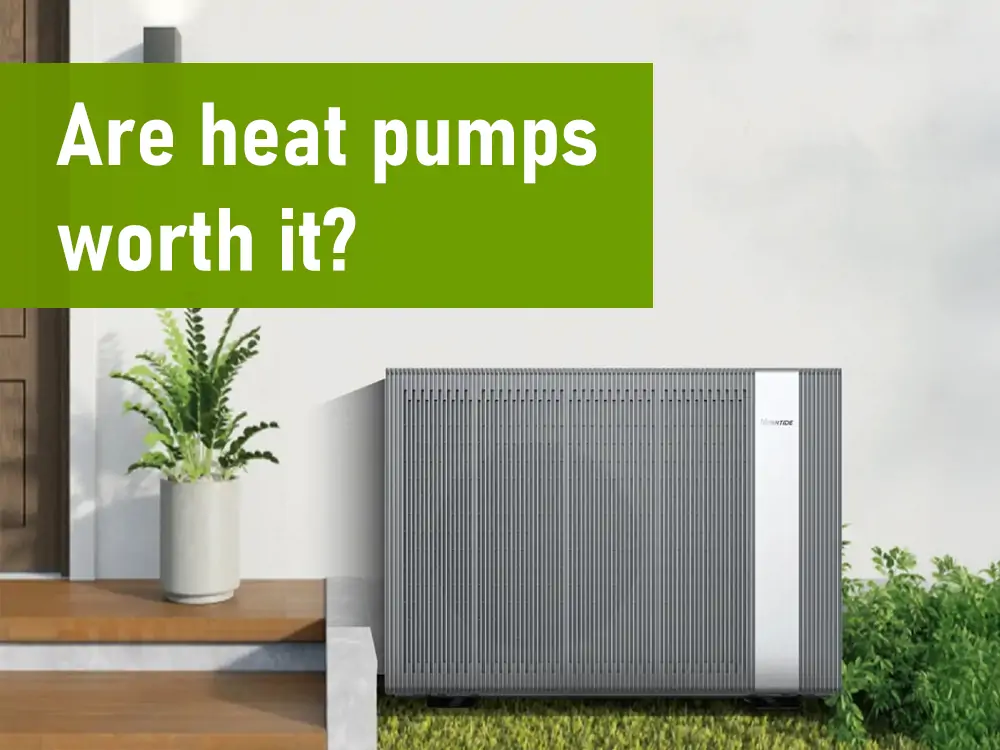Undoubtedly, heat pumps represent one of the most cost-effective ways to heat your swimming pools efficiently. They ensure that you enjoy the swimming season to its fullest with reduced heating bills. You’ll find differing swimming pool heat pumps for sale across Europe. Before buying one, you must accurately ascertain its size to get the most…
Category Archives: Blog
Air-source Heat Pump Average Price in 2025 As you are aware, air-source heat pumps are a sustainable and energy-efficient way for both heating and cooling. According to Eco Experts, these are priced at an average of around £10,000 in the UK in 2025. That encompasses the costs to buy a heat pump and install it…
Undoubtedly, deciding between a heat pump vs. gas boiler can be challenging. For ages, gas boilers have been the dominant heating system throughout Europe. Nowadays, heat pumps are experiencing broad adoption as greener and more versatile cooling and heating solutions. Here, we’ll examine heat pumps and gas boilers comprehensively and outline their distinct differences. We’ll…
Heat pumps are a pivotal variant of Heating, Ventilation, and Air Conditioning (HVAC) units in 2025. They are a highly energy-efficient and environmentally friendly alternative to conventional heating/cooling systems. Such appliances function by transferring heat instead of generating it. These devices are increasingly admired for household and commercial applications across Europe. When selecting a heat…
As you see, heat pumps are valued energy-efficient devices that cool and heat your household. Akin to many electronic appliances, heat pumps can undergo resetting. Performing that can facilitate resolving a multitude of problems. That lets you reinstate efficiency and comfort to your household. It also lets the heat pumps resume their smooth and expected…
Heat pumps continue to be adopted across Europe as efficient, low-carbon heating/cooling systems. Such devices differ from conventional heating systems like oil or gas boilers. You may be interested in investing in such a system for your household or business. If that’s the case, it’s imperative to understand and grasp its varying pros and cons….
Undeniably, heat pump water heaters only efficiently heat water for varied domestic tasks. That’s inclusive of bathing, laundry, dishwashing, etc. Moreover, they operate on the same integral principles as the regular heat pumps. That makes them more efficient, contrary to conventional gas or electric water heaters. Yet the question is, what is the heat pump…
Heat pumps will continue to emerge as renowned eco-friendly and efficient cooling/heating solutions in 2025. Approximately 24 million heat pumps are currently installed in Europe alone. Air-to-air and air-to-water varieties are widely known options among the appliance’s differing types. Here, we will insightfully compare these two technologies in terms of varying aspects. We’ll also assist…
Heat pumps continue to emerge as popular heating/cooling solutions across Europe. That’s owing to varied benefits like their elevated efficiency and eco-friendly design. Despite all their advantages, are heat pumps noisy enough to be a nuisance? That one inquiry has been a debate among household owners and potential purchasers. Considering this, here we’ll probe into…
Heat pumps are an efficient and environmentally friendly alternative to gas boilers, offering significant energy savings and reducing carbon emissions. With the right installation, they provide superior efficiency, making them a cost-effective long-term solution. As countries aim for net-zero emissions, heat pumps are expected to play a key role in replacing traditional heating systems.

